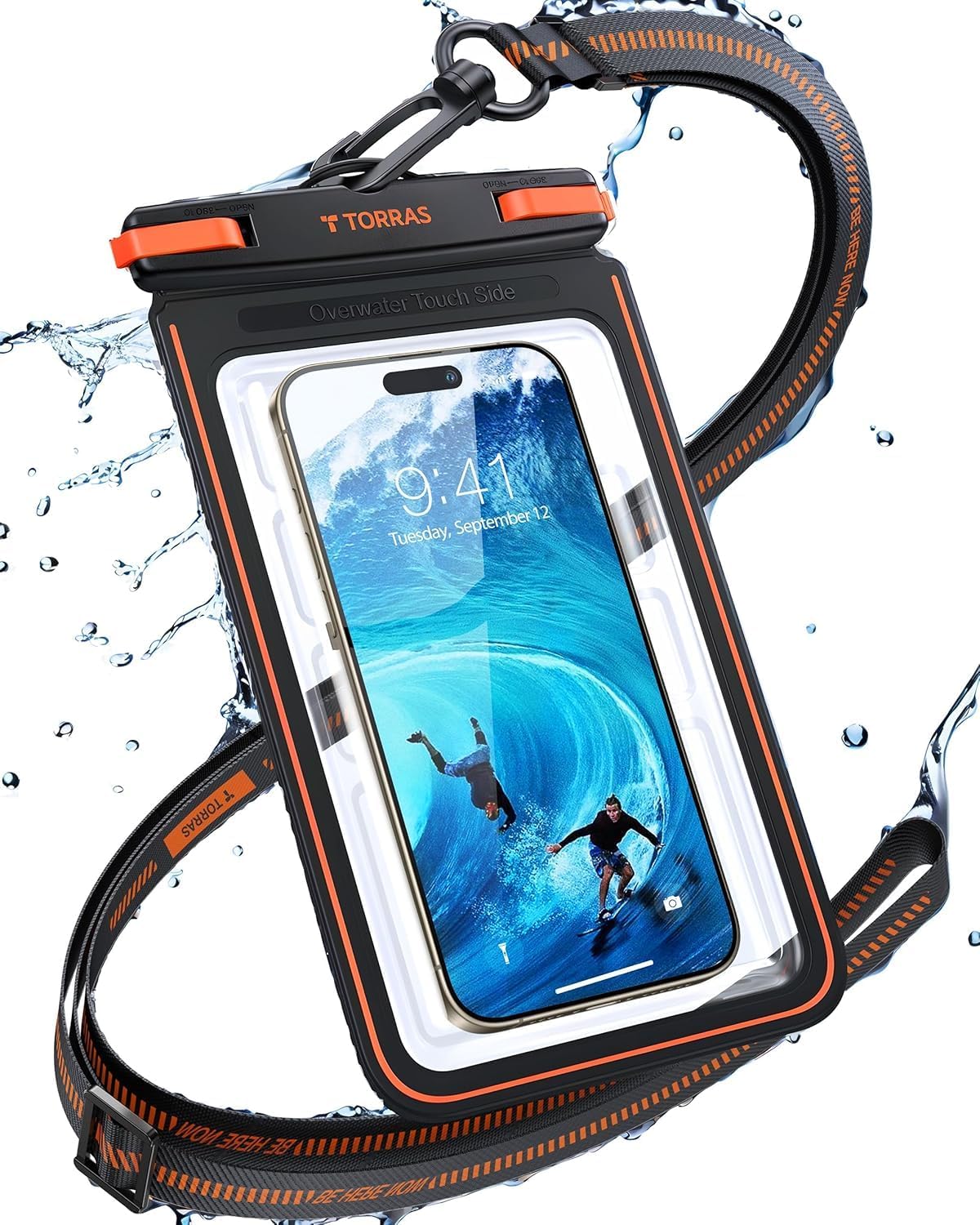
O2 Launches World-First Skincase That Visibly Reacts to Sun Exposure
As temperatures soar across Europe this summer, Spain is experiencing its hottest June on record and France its hottest June since 2003. O2 is stepping in with a cutting-edge solution to help holidaymakers stay safe under the sun. Introducing the Skincase—a world-first, UV-sensitive phone case that visually reacts to harmful rays, reminding users to protect their skin just as much as they protect their phones.
As the only major provider to offer inclusive EU roaming to all customers as standard, meaning they can use their phone while abroad in Europe as they would at home (up to 25 GB), O2 has collaborated with researcher and creative technologist Marc Teyssier, to remind holidaymakersto take as much notice of their skin while on holiday as they do their phone.
The ‘Skincase’ has been created as research by O2, which highlights a significant disconnect between awareness and behaviour when it comes to sun protection. Over half (56%) of Brits check their phones three times or more during peak sun hours (11am – 3pm), yet only one in five (20%) reapply sunscreen with the same frequency, and almost one in 10 (9%) do not wear sunscreen at all during these crucial hours when UV levels are at their strongest.
Backed by The British Skin Foundation, the ‘Skincase’ has been skilfully crafted by Teyssier using synthetic skin, enabling it to dramatically change colour and ‘burn’ when exposed to UV rays, mirroring the damaging effects of the sun on human skin. The creation comes as 41% Brits admit they feel worried if they see someone who’s sunburnt, as they worry about the damaging effects.
A study revealed that although people check their phones multiple times a day, they don’t apply sunscreen as frequently, even in high UV conditions. Skincase aims to change that behaviour. When users pick up their phones and see the sunburnt case, they are reminded to care for their own skin too.
Christian Hindennach, Chief Commercial Officer at Virgin Media O2
Holidays should be about creating unmissable moments, bringing home souvenirs, and making memories—not about roaming bills and sunburn. With mobiles being such an essential part of everyday life, especially on holiday, according to our new research, we’ve created the Skincase to demonstrate in real time just how severe the effects of sunburn can be while also promoting sun safety among holidaymakers. O2 is committed to supporting its customers’ well-being, both physically and financially, and with our inclusive EU roaming perk, our customers can travel in Europe freely, without fear of getting burnt by unwanted roaming fees.
Dr Emma Wedgeworth, Dermatologist from The British Skin Foundation
We are acutely aware of the alarming rise in skin cancer diagnoses, with the disease now becoming one of the UK’s most common cancers. Previous research shows that five sunburns over a lifetime more than double the risk of getting a melanoma, the most serious type of skin cancer. By providing a tangible, real-time indicator of harmful UV radiation, the Skincase from O2 offers a memorable way to prompt individuals to take protective measures, just as the Skincase encourages them to enjoy the sun safely.
Marc Teyssier, Researcher and Creative Technologist
My work often seeks to bridge the gap between our digital lives and our physical well-being. The Skincase is a prime example of how technology can be harnessed to promote health awareness and encourage positive behavioral change. Our phones are objects we don’t expect to change and to react humanely. By creating a tangible, visceral reaction to UV exposure, combined with O2, the Skincase not only raises awareness of sun safety but also underscores the undeniable priority of sun protection.
The case blends advanced fabrication with meticulous handcrafting, combining 3D printing with flexible filament and silicone casting with manual sculpting techniques from the special effects industry. Its skin-like surface, developed through cutting-edge research, is pigmented with specialised composites that react to UV light. This creates a lifelike simulation of sun exposure, making the invisible effects of ultraviolet radiation both tangible and visually striking.
The launch of the Skincase follows The British Skin Foundation’s ‘Burnable Billboard,’ that uses AI to show real-time sun damage to skin, aiming to raise awareness about sun protection after a study revealed that 38% of Brits have already been sunburnt this early summer due to underestimating the sun’s strength or not bothering to wear sunscreen












